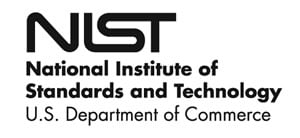RSS feed source: National Science Foundation
RITEL projects should advance learning research regarding knowledge about principles, processes and mechanisms of teaching and/or learning in the context of a technology-based innovation. This could include research by learning scientists, education researchers, educational psychologists, and cognitive, behavioral and/or social scientists. For teaching, this could include new teaching processes and approaches (e.g., andragogy and pedagogy), relevant to how the proposed technology will be situated in an educational setting.
This research must lead to generalizable knowledge about learning that is beyond a specific system, application or intervention.
Projects that focus on evaluating the effectiveness of a technology-based system or a curriculum/teaching intervention are not in scope for RITEL. Please also see Q7 “What does RITEL not fund?”
Click this link to continue reading the article on the source website.



